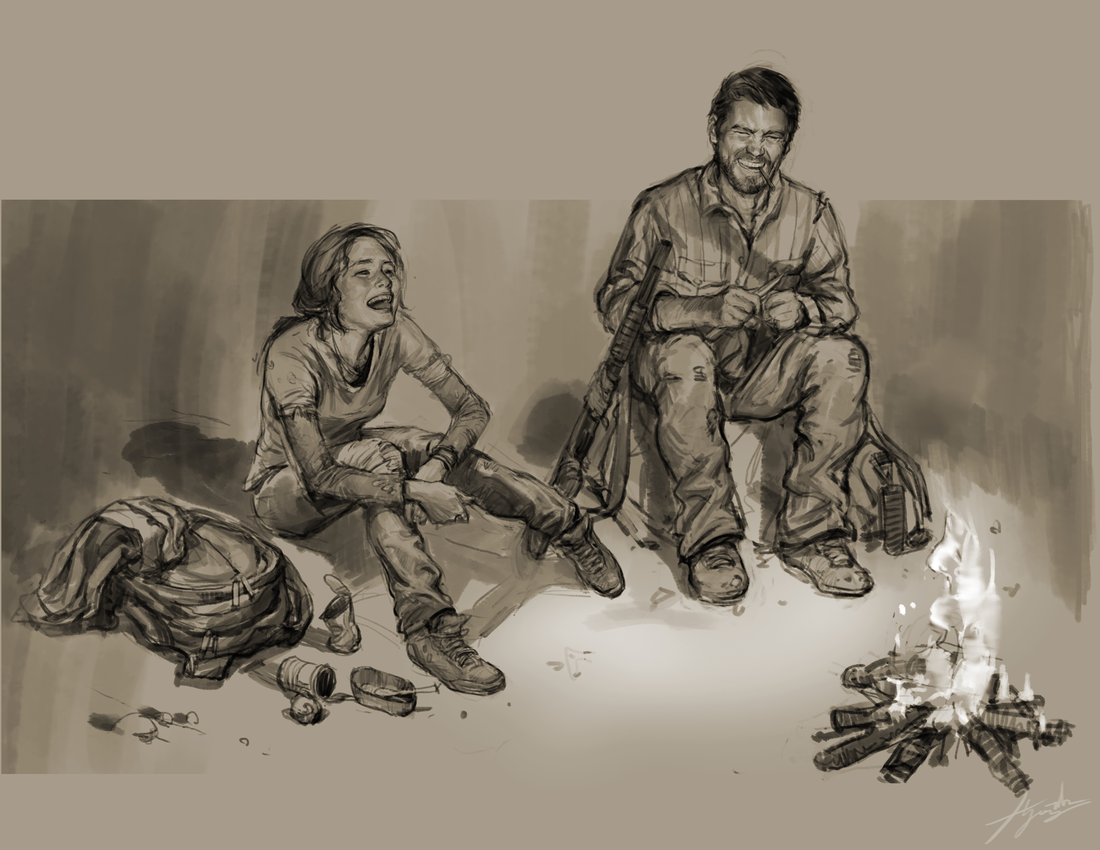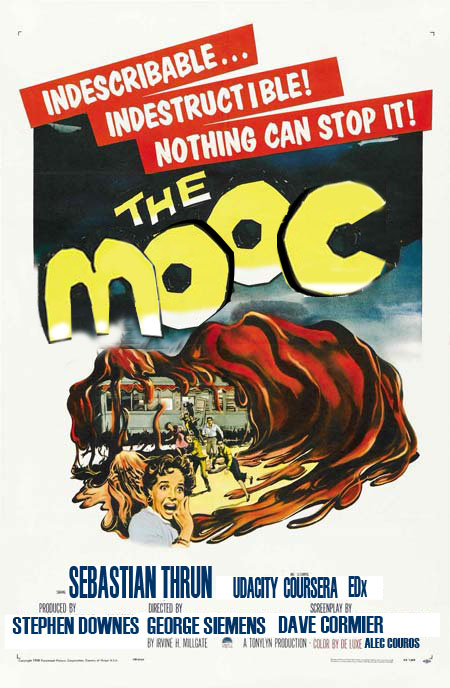Voting closes Thursday night. Here are this week's contenders:
Student #1 has left a new comment on your post "The Cultural Trust versus Joe Wos. It’s on.":
Ok, can I just say, that as a member of the community who as actually gone and seen the duck, that this article just makes me really mad? Who the heck cares about the money or politics or and of that other bureaucratic crap. I went to see it with my parents yesterday and it was an all out amazing experience. There were literally thousands of people there, ranging from the age of infant to elderly, and every single person there, my family and my self included, had the biggest smile on their face and was either so exited, or in complete awe, or both. I don't care what people say. Nothing, even words, should try to take that away from any city. Even just seeing all of those happy little kids clothing their very own duck just completely made my day. So anyone who as any of the slightest negative feelings about the duck, should just go see it and that should sufficiently shut them up.Student #2 has left a new comment on your post "Generation Y, Leave Your Parents At Home!":
First of all, I don't think Gen Y is any different than any other generation in regards to using their parents' networks to get jobs... In fact, I'd wager that Gen X and Gen Y are abnormal in how few of us aren't doing similar things to what our parents are doing. There's a reason that a lot of the stereotypical "American Dream" includes a "blankity blank & sons" sign in front of some business.Student #3 has left a new comment on your post "The power of failure: making 'The Last of Us'":
It's also really frustrating to hear people, particularly those my parents' age, talk about how dependent Millennials are on their parents. When my dad was in college, he was able to make enough money in the summer to cover tuition, room and board at his private liberal arts school in New England. My mom was able to buy a business her senior year. I'm going to graduate with some significant debt, a choice I made with my eyes wide open, but one which will unquestionably impact some choices I'll be able to make in the next 10 years.
I have been operating completely independently for a couple of years now, and the most difficult part hasn't been the lack of support or anything like that, but all of the legislation that makes it unrealistically difficult for an 18 year old, a legal adult, to operate independently from her family. It's virtually impossible to file as an independent on your FAFSA without meeting certain very specific conditions. Without that, you can only take out loans and are ineligible for (federal) grants.
What I'm trying to say is it's not that easy to just cut the apron strings and go on your way. It's taken me a long time to figure out the most advantageous way to do so and I'm finally, after two and half years, getting there. It behooves the previous generations to keep us in "minor status" for as long as possible and until we can change some of these institutionalized problems, it's unrealistic to expect us to simply suck it up.
As someone without video game experience, I was surprised by how interesting that aspect of the article was to me. I chose to read this one because of the title "The power of failure" but when I saw that it was about the process behind a video game, I wasn't sure if I should read on. I'm glad I did though, because it was actually really interesting to learn about this game as well as the efforts that went into its realization. I was aware of the argument that there is a lot more art and story-telling to video games than many people realize, and this article definitely helped me see that.Student #4 has left a new comment on your post "Filmmakers Choose Sides in Transition from Film to...":
The attitude towards failing in this article could apply to any project. I really like the quote about how failing as many times as you can at the beginning of the process will make a better final outcome. I think we sometimes try to make things to perfect at the beginning of the process and then get too attached to certain ideas and are not able to develop them for the better.
First of all, I must say that I don't know much about film and digital moving pictures; however, I do know a bit about photography. My dad does large format photography in his spare time, and I always see him spending hours in the dark room. Using film is truly an art form. It takes time, patience, and experience. If you take a look at photographers like Minor White and Jerry Uelsmann, you can see how artists can create the same effects of a digital/photoshopped image on film. The only difference is it takes longer and more skill. I think with digital, you lose the time and patience, and overall it creates a different experience. I definitely appreciate film more than digital because of all the time and effort that goes into it. Now, everyone is using Instagram and their iPhones, and pretend they are real photographers. Photography is not just about clicking a button. You have to measure the light, distance, focus, etc. I think people definitely take the easy way out instead of learning the art of things. Of course, there are fantastic examples of digital media, but I have seen more childish/bad digital media than professional/good media. I think this can be fixed with time and progress. I'm not saying I hate Digital. I thought Hugo was beautifully done. Do I like 3D animation? Absolutely not. I agree with the guy in the video: 3D animation is just a marketing scheme. I too put on those glasses and get sick to my stomach after paying $18. I would like to see digital become more of an art form rather than the easy-way out. And I don't believe their should be a debate about either film or digital. Just because digital will grow doesn't mean we need to bury film. I am hoping that both art forms continue to live on.Student #5 has left a new comment on your post "9 Ways a Theatre Degree Trumps a Business Degree":
I love this article. I want to send this article to every person who scoffed at me for not studying something "real" in college. Theater is real. Theater is very real, and the perfect preparation for any other profession (aside from maybe medicine). I was actually having a conversation with a friend about this the other day and she said something that struck me. She said, "Maybe I should minor in something real... my parents wanted me to minor in business." But after reading this article I remember that majoring in theater IS minoring in business. It's also minoring in marketing. And history. And English (and Avenue Q taught us that English is an absolutely useless degree), and engineering, and physics, and math, and pretty much anything. Theater is used as a metaphor for most things for a reason. All the world's a stage, right? If that's true then I guess us drama majors are on top of the world. There are so many skills that we learn in drama school that no one else knows. particularly how to meet deadlines, how to be a team player, and how to network. People can tell me that the arts are dying all they want, but we are learning so much more than that and I wouldn't change a single thing about my education.





















